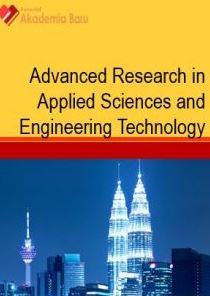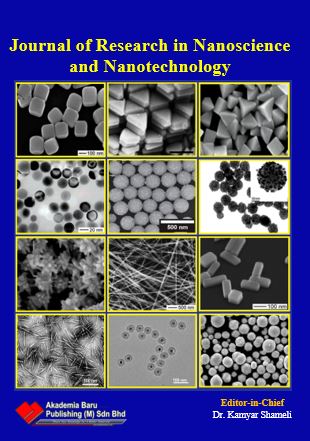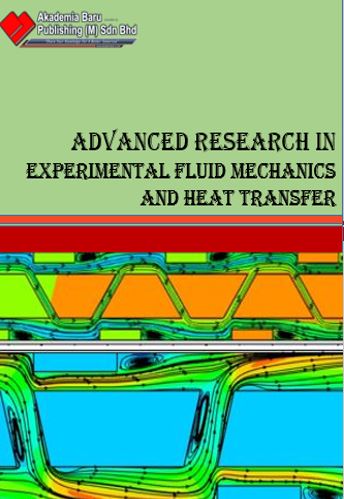Effect of Ethanol-Gasoline Blends on Performance, Combustion and Emission Characteristics of Spark Ignition Engine
Keywords:
ethanol, gasoline, performance, combustion, emission, SI engineAbstract
The need for transportation is increasing every day. Production of automobiles is catering to this need. The fuels used by these automobiles are mainly petrol and diesel. Discharge of pollutants present in these fuels causing air pollution. Renewable fuels with lesser emission and comparably cheaper are required as an alternative to reduce environmental pollution. Ethyl alcohol is having larger oxygen content, low molecular weight, and high H/C ratios and can burn completely with oxygen. The thermal efficiency of the spark-ignition engine can be improved, and the exhaust emissions can be reduced by using Ethyl alcohol. The objective of the study is to study experimentally, the performance, combustion, and emission characteristics were investigated with E25, E30 and E35 ethanol-gasoline (Gasohol) blends on a single-cylinder, four strokes, computerized spark ignition engine fitted with eddy current dynamometer and a precisely adjusted exhaust gas analyser. Under various load, engine speed and compression ratio, the tests were conducted, and the results were recorded. The result shows improved performance parameters of the engine. E25 blend consumed less fuel compared to all blends at maximum speed and the BSFC was about 0.32 kg/kW-hr. The thermal break efficiency of ethanol-gasoline blends was found to be increased compared to gasoline. Maximum BTE was found to be 27.87% for the E35 blend.





